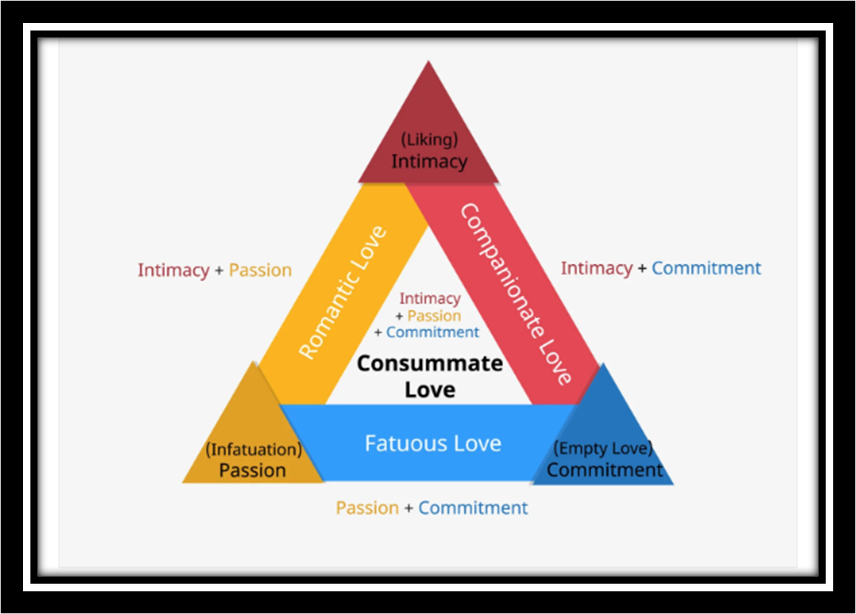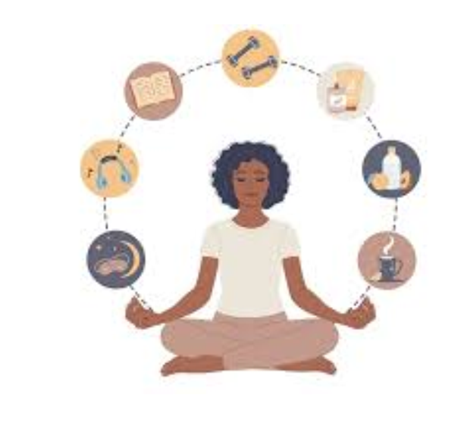Is Love Enough: Fuels to sustain a Romantic Relationship
- rakheevarma645
- Aug 2, 2024
- 2 min read
Challenges and Solutions
Romantic relationships pose significant challenges for Generation Z (Gen Z) individuals, who often find themselves simultaneously drawn to and apprehensive about commitment. While the desire for companionship is prevalent, the prospect of lifelong partnership can be daunting. Several factors contribute to the complexities of modern relationships.
1. Social Media Influence on Communication
Social media platforms, once heralded as facilitators of connection, now exacerbate misunderstandings. Virtual communication lacks the nuances of in-person interaction, leading to conflicts and tensions among partners.
2. Discrepancy Between Real and Reel Selves
In line with Carl Rogers' concept of incongruence, Gen Z faces a dilemma between their real and curated online personas. Prioritizing the creation of a perfect online image over authentic self-improvement results in fear of rejection when confronted with reality.
3. Paradox of Choice
The abundance of options in the digital age fosters indecision and commitment issues. The belief that a better match exists elsewhere undermines commitment to current relationships.
4. Influence of Public Display of Affection (PDA)
Emphasis on portraying idealized versions of relationships on social media distorts the essence of genuine connection. Prioritizing appearances over foundational values erodes trust and mutual respect.
5. Focus on Passionate Love
Contemporary relationships often prioritize passion over other essential components, as outlined in Robert Sternberg's Triangular Theory of Love. While physical intimacy is crucial, it should be complemented by passion and commitment for a healthy bond.
Effective Strategies for Relationship Enhancement
Aligning Goals
Open communication about relationship goals is vital. Misalignment in objectives, such as marriage versus casual dating, can lead to conflict and dissatisfaction.
Understanding Attachment Styles
Awareness of attachment styles, influenced by childhood experiences, aids in navigating relationship dynamics. Secure attachment fosters healthy communication, while insecure styles may lead to conflict avoidance or dependence.
Establishing Boundaries
Clear communication of personal boundaries fosters mutual respect and understanding. Articulating non-negotiable values enhances compatibility and prevents misunderstandings.
Reframing Conversations
Utilizing "I" statements instead of accusatory "You" statements promotes constructive dialogue. Expressing personal feelings without blame encourages empathy and resolution.
Recognizing Love Languages:
Understanding one's and their partner's love languages facilitates meaningful connection. Tailoring expressions of love to individual preferences strengthens emotional bonds.
In conclusion, fostering healthy romantic relationships in the digital age requires introspection, effective communication, and a commitment to authenticity. By addressing underlying challenges and employing proactive strategies, Gen Z individuals can cultivate fulfilling and enduring partnerships.
Romantic relationships are not a milestone that needs to be compared. It is a constant effort between two mutually committed people to nurture their bond while understanding the needs of each other and mixing the ingredients of love, patience, adjustment and compromise together to build a perfect and long-lasting relationship for life.






Human connection is inevitable part of life. Reading this compels me to rethink my approach towards Relationships
Interesting read! It demystifies a lot of hyped up and unrealistic aspects that often become the benchmark of comparing reel and real life relations.